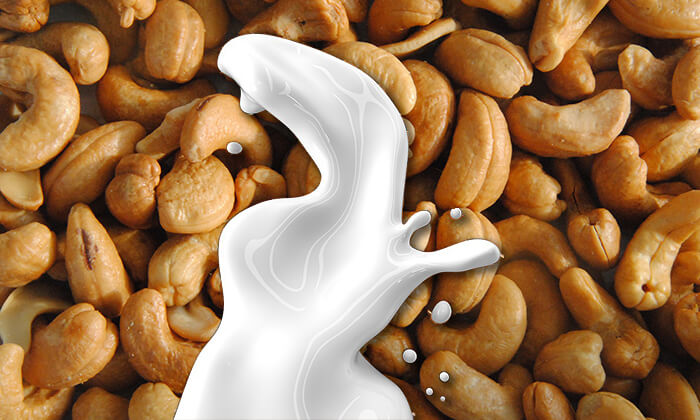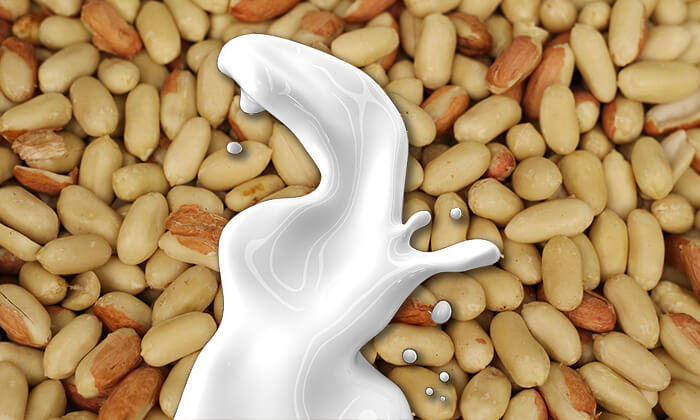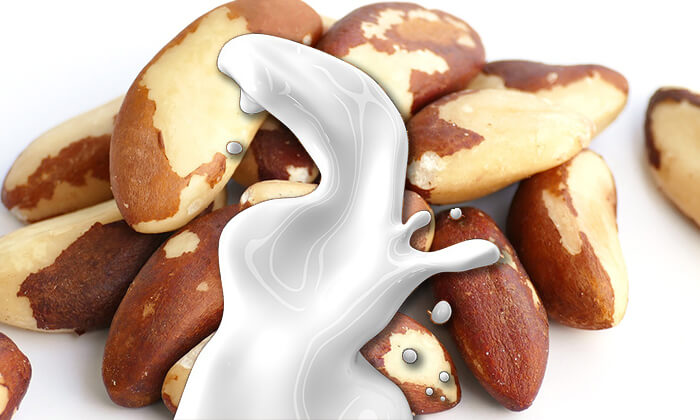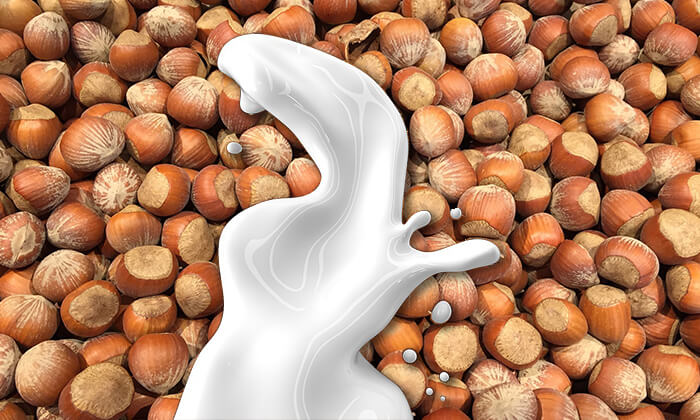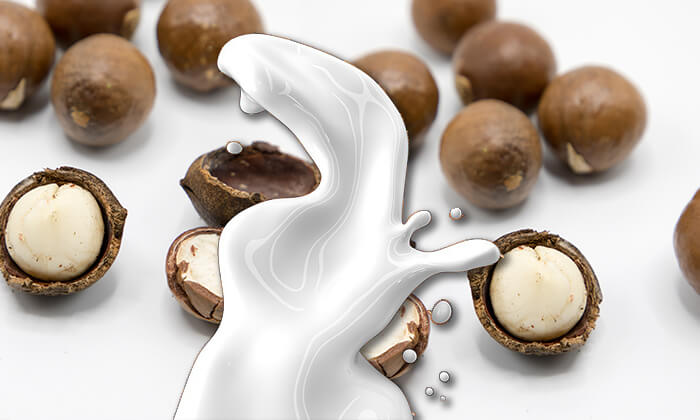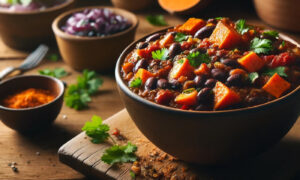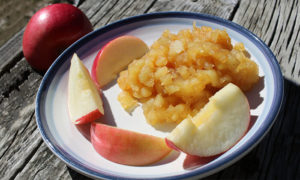Choosing the Best Plant-Based Vegan Milks
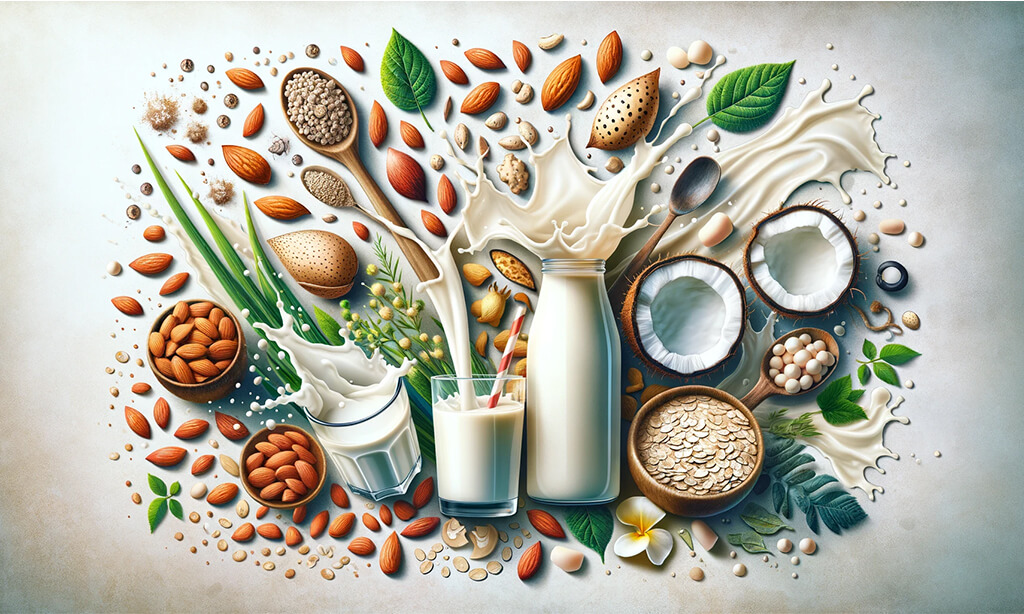
Are you looking for the best vegan plant milk options? With so many alternatives to cow’s milk, it can be overwhelming to choose which one is right for you. Whether you are vegan, lactose intolerant, or just looking to reduce your dairy intake, there are many plant-based options available that are just as delicious and nutritious.
When choosing a plant milk, it is important to consider your nutritional needs and taste preferences. Some plant milks are higher in calories and sugar than others, so it is important to read the labels carefully. Additionally, some plant milks may contain additives or thickeners, so it is important to choose brands that use simple, whole-food ingredients. By experimenting with different plant milks, you can find the perfect alternative to cow’s milk that suits your lifestyle and taste buds.
Types of Vegan Plant Milks
When it comes to vegan plant milks, there are plenty of options to choose from. Here are some of the most popular types of vegan plant milks:
- Soy Milk: One of the most common plant-based milks and is an excellent source of protein, calcium, and vitamin D. It has a creamy texture and is perfect for adding to coffee, tea, and smoothies. Soy milk also comes in various flavors, including unsweetened, vanilla, and chocolate.
- Nut Milks: such as almond and cashew milk, are made by blending nuts with water and straining the mixture. They are a great source of protein, calcium, and fiber and have a nutty flavor. Nut milks come in various flavors, including unsweetened, vanilla, and chocolate.
- Oat Milk: a popular choice for vegans due to its sustainability benefits, is made by blending oats with water and straining the mixture. It is a good source of protein, fiber, and calcium and has a slightly sweet flavor. Oat milk is perfect for adding to coffee, tea, and smoothies.
- Coconut Milk: made by blending coconut meat with water and straining the mixture. It is a good source of protein, fiber, and calcium and has a creamy texture and a slightly sweet flavor. Coconut milk is perfect for adding to curries, soups, and smoothies.
- Pea Milk: made by blending yellow peas with water and straining the mixture. It is a great source of protein, fiber, and calcium and has a creamy texture and a slightly sweet flavor. Pea milk is perfect for adding to coffee, tea, and smoothies.
- Hemp Milk: made by blending hemp seeds with water and straining the mixture. It is a great source of protein, fiber, and calcium and has a nutty flavor. Hemp milk is perfect for adding to coffee, tea, and smoothies.
- Rice Milk: made by blending rice with water and straining the mixture. It is a good source of calcium, vitamin D, and fiber and has a slightly sweet flavor. Rice milk is perfect for adding to coffee, tea, and smoothies.
Making Your Own Plant Milks
Many people don’t realize just how easy it is to make your own plant milks! This way you have full control over the ingredients and refine your recipe over time to perfectly fit your taste. Check out some of our recipes to get you started.
Nutritional Comparison
When it comes to choosing the best plant-based milk, nutritional value is an important factor to consider. Here is a comparison of the nutritional content of some popular vegan milk options:
| Aspect | Soy Milk | Almond Milk | Oat Milk | Coconut Milk | Rice Milk |
|---|---|---|---|---|---|
| Protein | High (7-8g/cup) | Low (1g/cup) | Moderate (3-4g/cup) | Low (1g/cup) | Low (0.1g/cup) |
| Calcium | Fortified (45-50%) | Fortified (45-50%) | Moderate (20-30%) | Minimal | Minimal |
| Vitamins | Vitamin DAntioxidant s | Vitamin EAntioxidants | Vitamin B12 | Minimal | Minimal |
| Iron | Good Source (10%) | Not a Good Source | Good Source (10%) | Low (1% DV) | Low (1% DV) |
| Minerals | – | Magnesium | Phosphorus | – | – |
| Fiber | Minimal | Minimal | High (2-4g/cup) | Minimal | Low (0.1g/cup) |
Protein
If you’re looking for a milk alternative that is high in protein, soy milk is your best bet. It contains around 7-8 grams of protein per cup, which is comparable to cow’s milk.
Almond milk, on the other hand, only contains about 1 gram of protein per cup, while oat milk contains around 3-4 grams.
Calcium
Calcium is an essential mineral for building strong bones and teeth. While cow’s milk is a good source of calcium, there are plenty of plant-based milks that are fortified with calcium.
For example, soy milk and almond milk are often fortified with calcium to provide around 45-50% of the recommended daily intake per cup. Oat milk, on the other hand, is typically lower in calcium, with around 20-30% of the recommended daily intake per cup.
Vitamins
Plant-based milks can also be a good source of vitamins. Each different type of plant milk has its own unique benefits. For example, soy milk is often fortified with vitamin D, which is important for bone health.
Almond milk is a good source of vitamin E, which is an antioxidant that helps protect your cells from damage. Oat milk is a good source of vitamin B12, which is important for brain function and the production of red blood cells.
Iron
Iron is an important mineral for transporting oxygen throughout your body. While cow’s milk is not a great source of iron, some plant-based milks are. For example, soy milk and oat milk are both good sources of iron, with around 10% of the recommended daily intake per cup.
Minerals
Plant-based milks can also be a good source of minerals. Almond milk is a good source of magnesium, which is important for bone health and muscle function. Oat milk is a good source of phosphorus, which is important for bone health and the production of energy.
Fiber
Fiber is important for digestion and can help lower cholesterol levels. While cow’s milk does not contain fiber, some plant-based milks do. Oat milk contains around 2-4 grams of fiber per cup, which is more than most other plant-based milks.
Choosing the Best Vegan Plant Milk
When it comes to choosing the best vegan plant milk, there are several factors to consider. Here are some sub-sections to help you make the best decision:
Taste and Texture
One of the most important factors in choosing a vegan plant milk is taste and texture. Some of the most popular options include almond, soy, oat, and coconut milk.
- Almond milk has a nutty flavor and is a great option for adding to coffee, cereal, and baking.
- Soy milk has a creamy texture and is a great option for cooking and baking.
- Oat milk has a slightly sweet taste and is a great option for lattes.
- Coconut milk has a rich and creamy texture, making it a great option for curries and smoothies.
Allergies and Dietary Restrictions
If you have allergies or dietary restrictions, it’s important to choose a plant milk that works for you. Many plant milks are nut-free, gluten-free, and non-GMO. Some plant milks may contain carrageenan, which is a controversial ingredient that some people may want to avoid. It’s important to read the labels carefully and choose a plant milk that meets your dietary needs.
Sustainability and Ethics
When choosing a plant milk, it’s important to consider the environmental impact and ethical implications. Some plant milks require more land use and greenhouse gas emissions than others. Look for plant milks that are sustainable and ethical, and consider supporting companies that prioritize these values.
| Aspect | Soy Milk | Almond Milk | Oat Milk | Coconut Milk | Rice Milk |
|---|---|---|---|---|---|
| Water Usage | Moderate | High | Moderate | High | Low |
| Land Usage | Moderate | High | Moderate | Low | Moderate |
| Greenhouse Gas | Low | Moderate | Low | Low | Low |
| Biodiversity | Minimal impact due to soybean monoculture | Significant impact due to water-intensive farming | Moderate impact due to monoculture | Moderate impact due to palm cultivation | Minimal impact, but can vary based on rice sources |
| Deforestation | Rarely | Yes | Rarely | Yes | Rarely |
| Pesticides | Minimal | Moderate | Minimal | Minimal | Minimal |
| Packaging Waste | Minimal | Moderate | Minimal | Minimal | Moderate |
| Nutrient Runoff | Low | Moderate | Low | Low | Low |
| Transportation | Can vary | Significant emissions due to long-distance import | Moderate emissions due to regional supply | Moderate emissions due to tropical sourcing | Moderate emissions due to diverse sourcing |
*Note: these are generalizations. These aspects can vary significantly based on the company and other factors.
Cooking and Baking
If you plan to use your plant milk for cooking and baking, it’s important to choose a plant milk that will work well in your recipes. Soy and almond milk are great options for baking, as it can be used as a substitute for dairy milk in most recipes. Oat milk is a great option for making creamy sauces and soups.
It’s great to be able to experiment with different types of plant and nut milks to see what you like best!
Availability and Price
Finally, it’s important to consider the availability and price of the plant milk. Many plant milks are widely available in grocery stores and online, but some may be harder to find. Prices can vary depending on the brand and type of plant milk. Look for plant milks that are shelf-stable and have a long shelf life, as this can help reduce waste and save money in the long run.
Overall, there are many great options when it comes to choosing the best vegan plant milk. Consider your taste preferences, dietary needs, and environmental values when making your choice.
Frequently Asked Questions
What are some of the healthiest plant-based milks?
Some of the healthiest plant-based milks include almond milk, soy milk, and oat milk. Almond milk is low in calories and high in vitamin E, while soy milk is a good source of protein and contains essential amino acids. Oat milk is high in fiber and beta-glucans, which can help lower cholesterol levels.
Each type of plant milk has its own unique health benefits, so there’s no one answer to the healthiest option.
Which plant-based milk is best for weight loss?
If you’re looking for a plant-based milk that can aid in weight loss, then almond milk is a great option. It’s low in calories and high in fiber, which can help you feel full for longer periods of time. Soy milk is also a good choice because it’s high in protein, which can help you feel full and satisfied.
What’s the best vegan milk for coffee?
If you’re looking for a vegan milk that will work well in your coffee, then oat milk is a great option. It has a creamy texture and a slightly sweet taste, which can complement the bitterness of coffee. Almond milk is also a good option because it has a neutral flavor that won’t overpower the taste of coffee.
What’s the best vegan milk for tea?
If you’re a tea lover, then you’ll be happy to know that most plant-based milks work well in tea. However, oat milk is a great option because it has a creamy texture that can enhance the flavor of tea. Coconut milk can also add a bit of sweetness to some teas, which is nice.
What are the most popular plant-based milks?
The most popular plant-based milks include almond milk, soy milk, oat milk, and coconut milk. Almond milk is a popular choice because it’s low in calories and has a mild, nutty flavor. Soy milk is a popular choice because it’s high in protein and has a creamy texture. Oat milk is a popular choice because it’s high in fiber and has a slightly sweet taste. Coconut milk is a popular choice because it has a rich, creamy texture and a slightly sweet taste.
Which plant-based milk is the best source of protein?
If you’re looking for a plant-based milk that’s high in protein, then soy milk is the best option. It contains all of the essential amino acids and has a similar protein content to cow’s milk. Almond milk and oat milk are also good sources of protein, but they contain less protein than soy milk.


